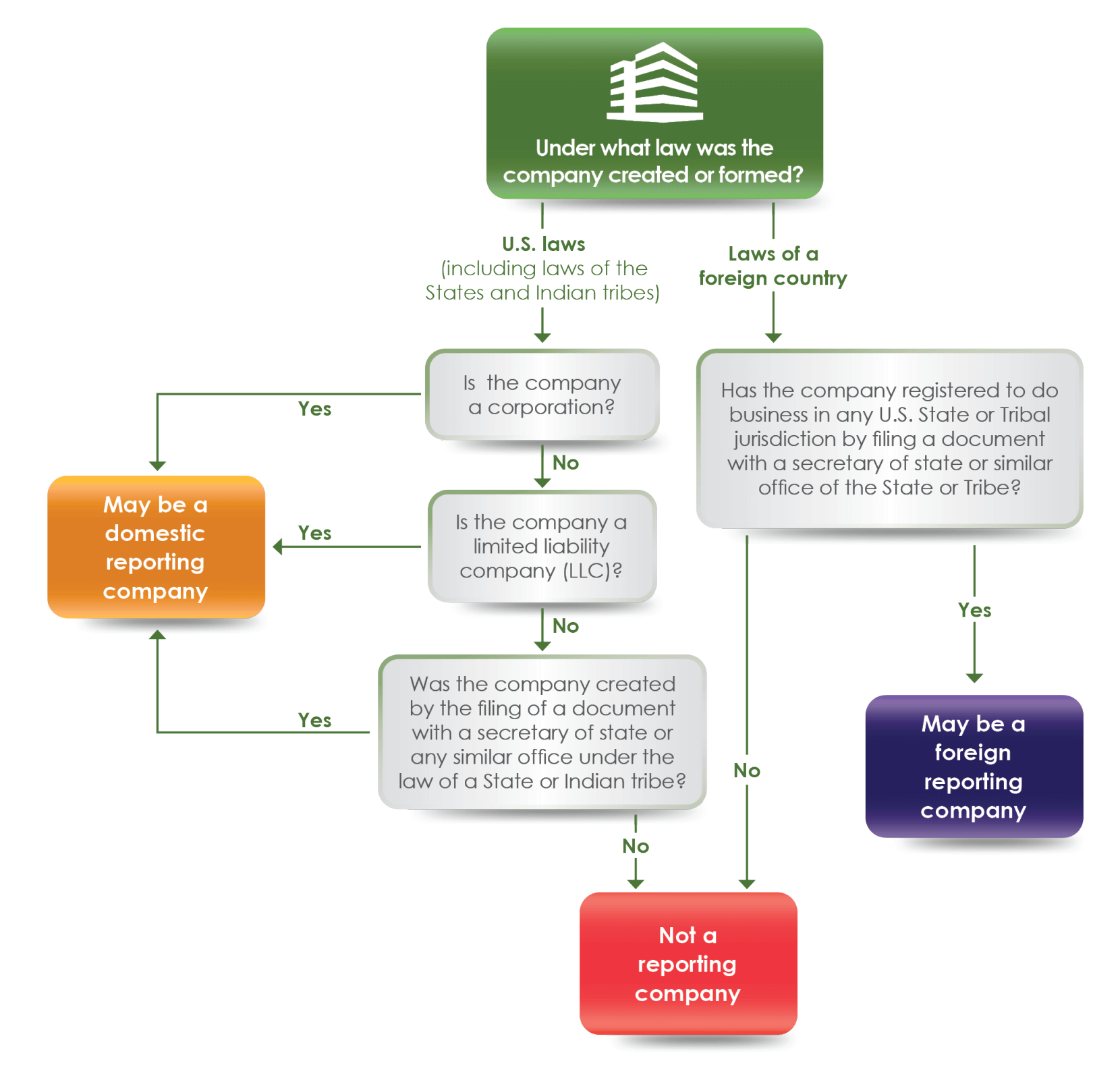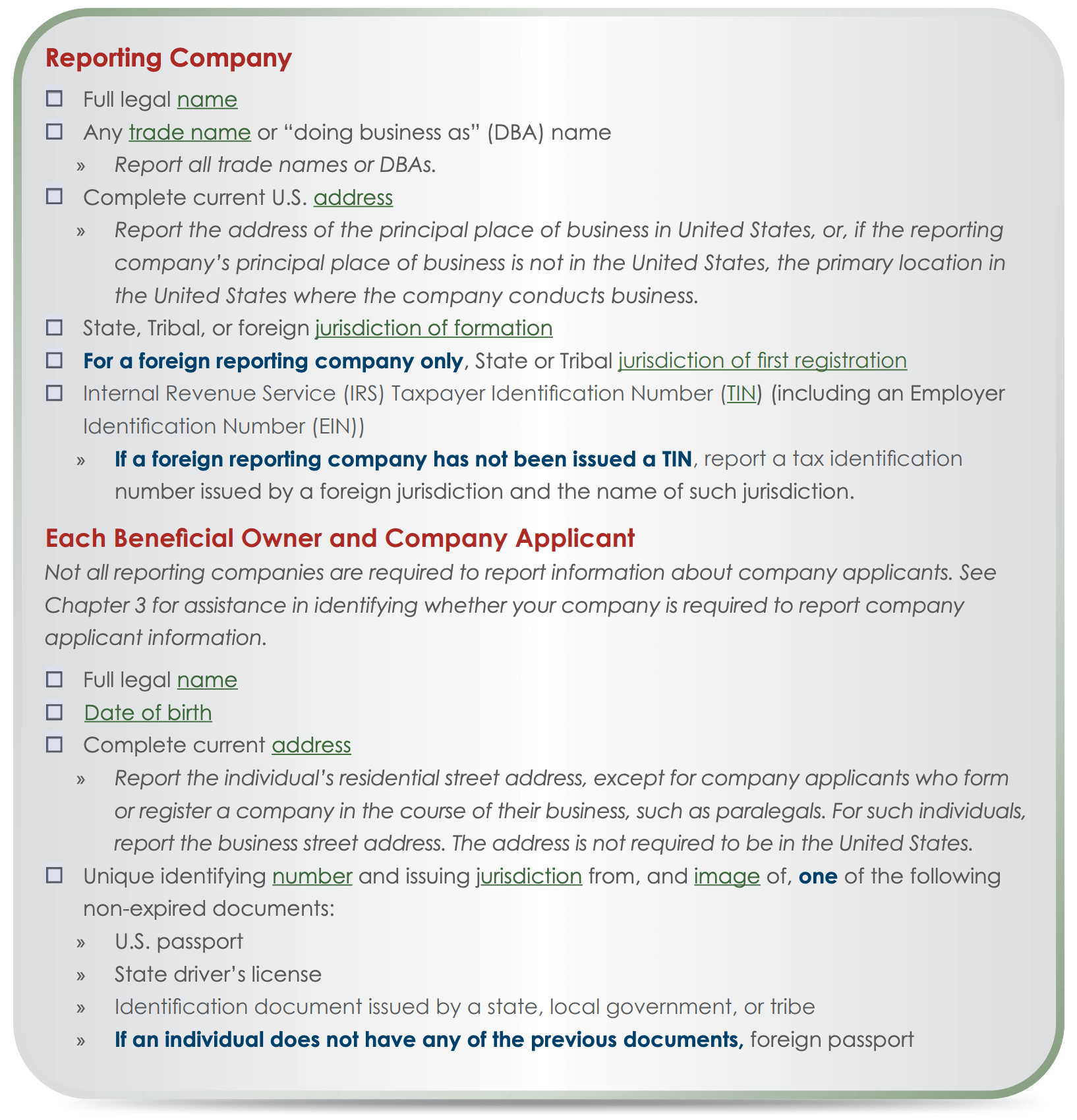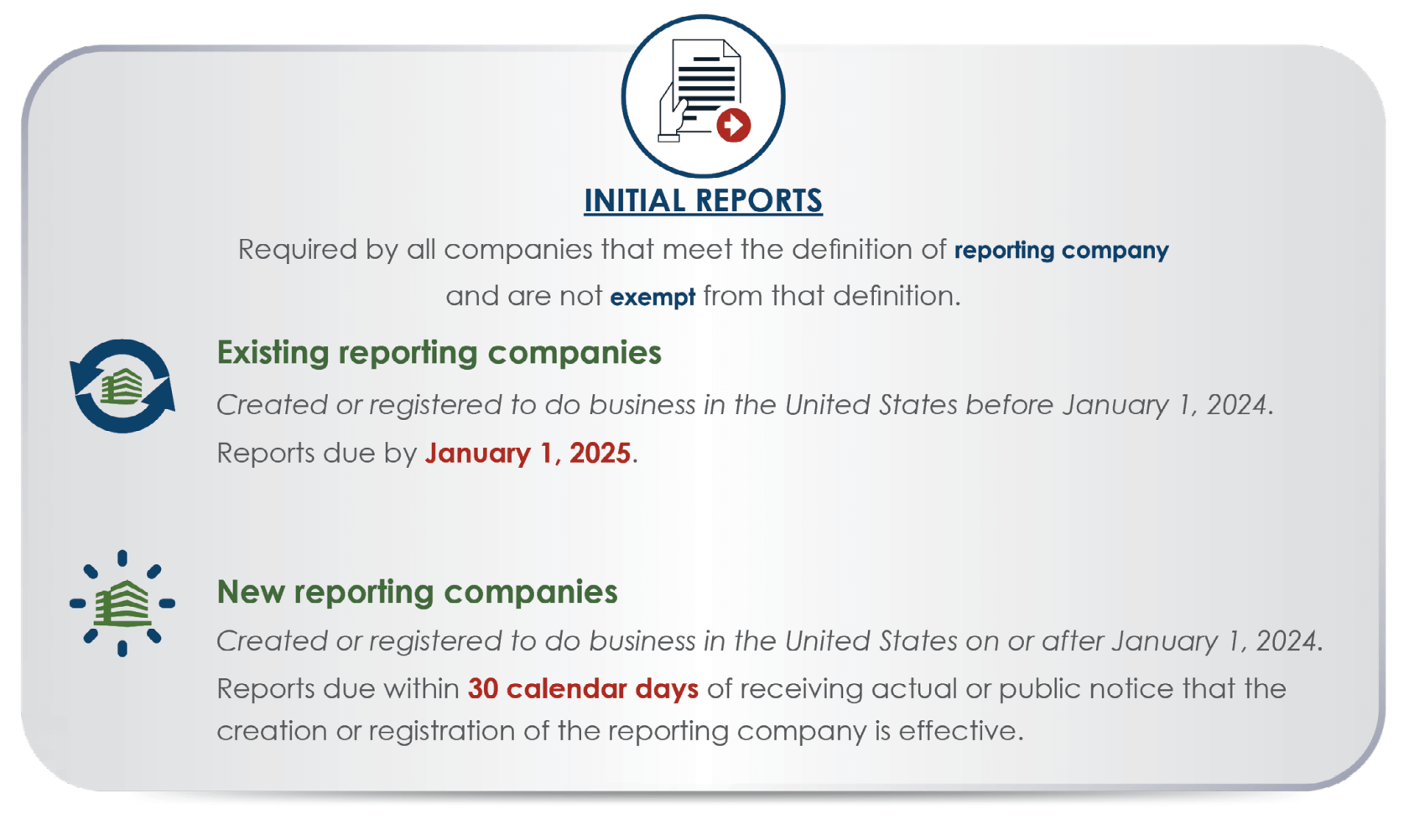At Incserv, our people are what make the difference – and we’re excited to introduce the folks that make this place special. Each quarter, we profile an Incserv team member, sharing a little bit about what they do, how they got here and what matters to them outside the world of incorporating services. In this installment, we sit down with client services representative, Rhonda Wilkins. Enjoy!
Thanks for taking the time to chat, Rhonda. Let’s start with a little bit about your role at Incserv. Let’s start with the obvious! When did you start working at Incserv and tell us about your position?
Thanks! So, I started working at Incserv in April 2022. I’m a Client Services Representative for the Corporate Division.
What is the corporate division focused on?
It’s a little bit of everything. I help with filings not only for Delaware, but jurisdictions nationwide. So it could be anything from EIN filings, company formations and qualification documents to nationwide document retrieval, beneficial ownership information report filings and document preparation such as affidavits and incumbencies. Each day it’s a little different!
Sounds like you appreciate the variety.
I do. It keeps the job interesting! Every email, every phone call… They all have different asks from our clients.
Anything new and exciting that you could tell us about?
There is a new requirement from the Financial Crimes Enforcement Network that recently went into effect on January 1, 2024. It’s related to beneficial ownership reporting and virtually every entity in the United States has to comply with it. Our team is tasked to reach out to all clients and help them with their beneficial ownership reporting. This is all being done to help stop fraud and money laundering. It’s designed to help prevent terrorism funding and strengthen national security.
That sounds like a massive undertaking.
It is. We started by creating a whole new email system to help organize the federal request. We then reached out via email to all of our clients with the task of providing the names and beneficiaries of their companies through an intake form. We can either do it for them, or they can submit on their own. It can get complicated so I’m there to answer questions, provide support and help them through the process.
Even though it seems like a tedious job, I like it. It’s the same for when you are doing a large filing for a client. There could be several documents in several states. This one is done, this one has an issue…it keeps you focused and alert!
Tell me about your team. How many people do you work with on a daily basis?
There are about 10 of us in the corporate division. Some process large, multi-state filing requests and others are focused solely on Delaware. I do a little of everything!
That’s the truth. Talk to me about the Incserv company culture.
Incserv has a great office atmosphere. Everyone here gets along and works together and helps each other out. It’s refreshing. I’ve worked at other offices the environment was very draining. Here, I’ve never felt like that.
Well, we’ve talked a lot about work. What about your free time? Favorite things to do?
I work another job on the weekends so I don’t have much free time. But when I do I spend time with my boyfriend, Michael, and our dog Ricky by trying new wineries and breweries in the area. We also really like going to car shows.

Car shows? Say more.
It started in 2020 when I got my car, a Lexus IS 300. Michael and I go to local shows in Virginia, Maryland, and Pennsylvania. It’s mostly walking around to other cars and vendors and talking with the other owners about the car details. It’s something fun that we love to do together!
That’s great, Rhonda. Appreciate your time!






